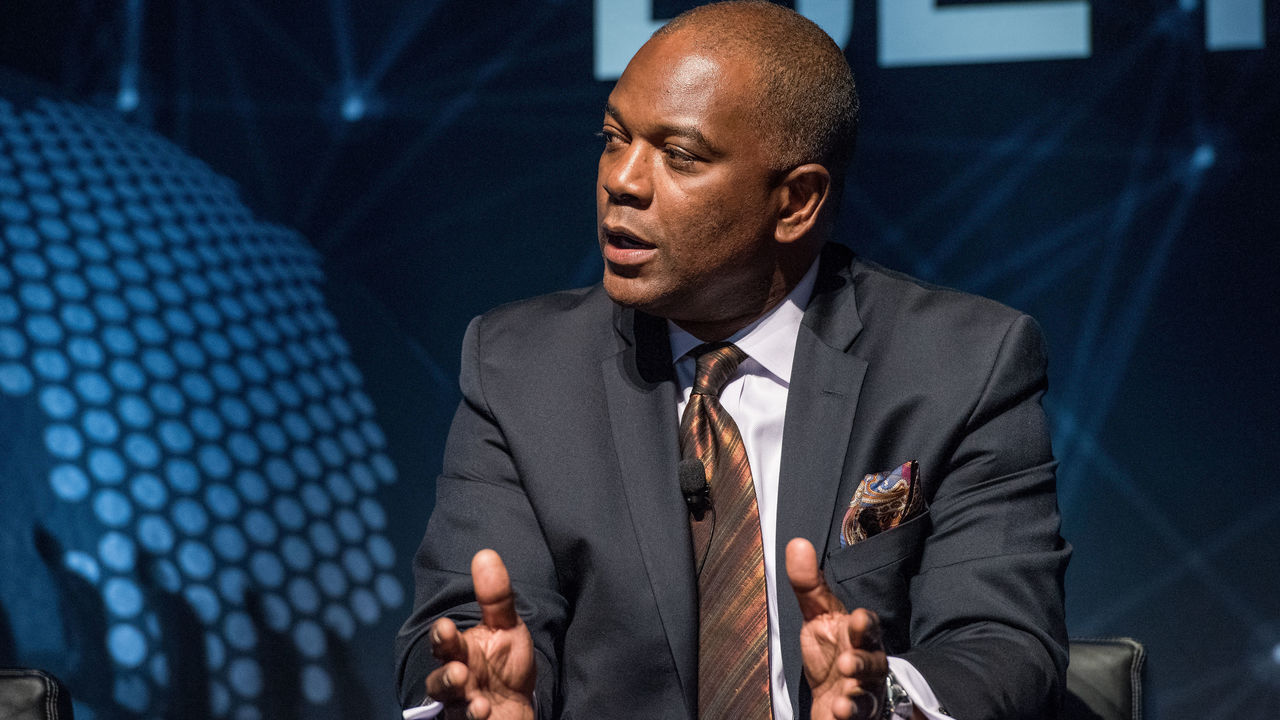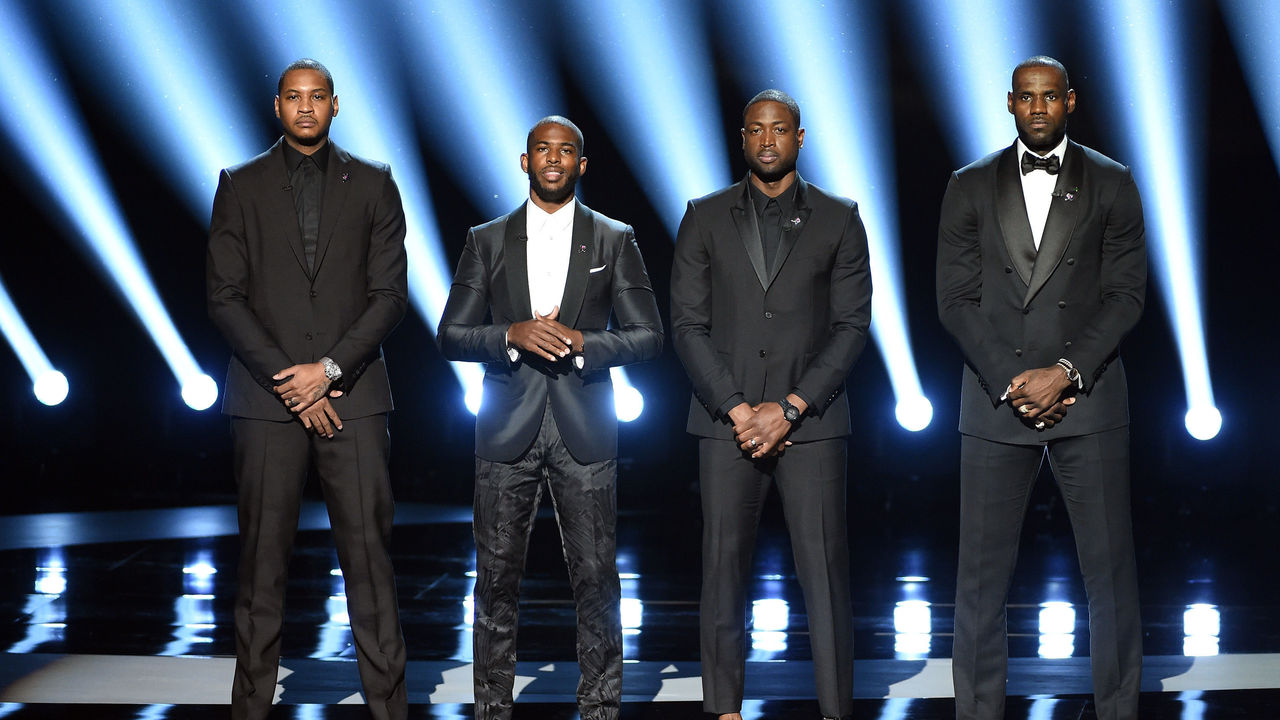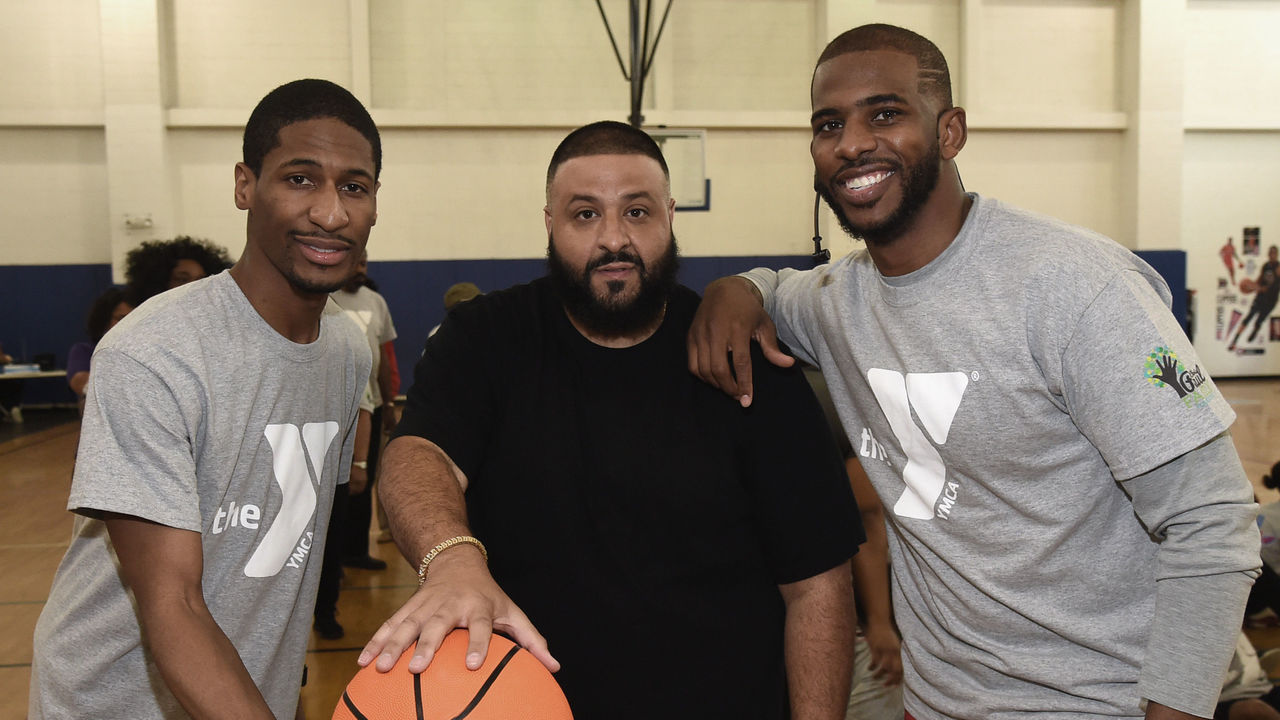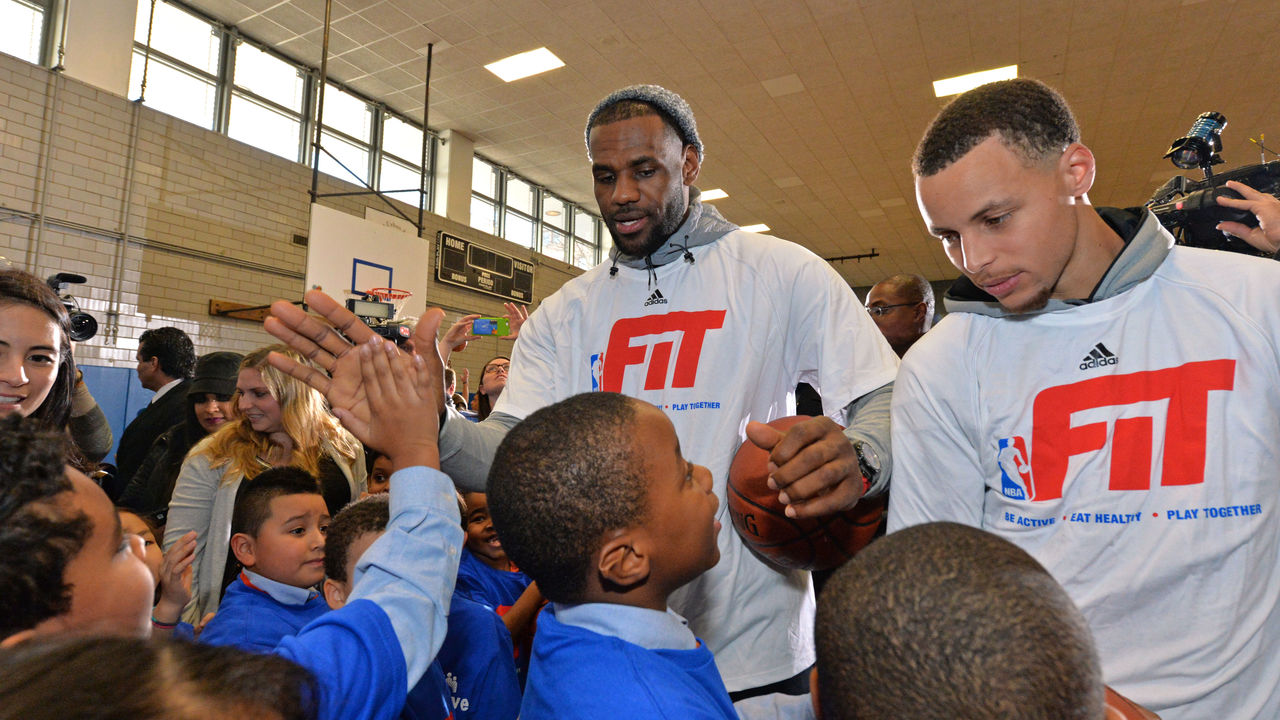How the NBA is making an indelible mark in the fight for equality, social justice
While visiting the National Civil Rights Museum in Memphis to honor the 50th anniversary of the death of Martin Luther King, Jr., NBA commissioner Adam Silver was asked about vulgar comments reportedly made by President Donald Trump to describe Haiti, El Salvador, and unspecified African countries during a discussion regarding the status of immigrants brought to the United States as children.
And in the latest example of how the NBA and its leader are setting the gold standard for addressing inequality, diversity, and social injustice, Silver stressed that the league stands as a beacon of inclusivity.
“Sports continue to be a unique opportunity to unite people, and it is a place where there is a rare sense of equality," he told ESPN. "Certainly, we are proud that within the NBA, you are judged by your performance on the floor, regardless of your background, nationality or ethnicity.”
Oris Stuart, the man responsible for overseeing the NBA's ever-expanding efforts to champion equality and social justice, agrees. Stuart has been the league's chief diversity and inclusion officer since 2015, but has long recognized it stands for much more than basketball.
"I had a deep appreciation for the NBA at least from the outside looking in," Stuart told theScore in a recent interview. "I certainly had a sense that the topics of diversity and inclusion and equality were the core values of the league."
While it was the NFL that went toe-to-toe with the Trump administration over the national anthem controversy, the NBA and its players took umbrage with Trump's comments as well. LeBron James was particularly aggrieved, and the league found its own battleground with the president in his decision to rescind an invitation to the Golden State Warriors to visit the White House.
Reflective of the league's and player's instincts to speak out and encourage change is NBA Voices, an initiative unveiled Jan. 15 to address social injustice and promote inclusion. NBA Voices launched a new interactive platform Thursday titled "Share Your Voice," where fans can trumpet their own efforts - or those of others - in uniting people and working to spread the message of inclusion, equality and diversity.
"They can be anyone," Stuart said. "Mentors, coaches, teachers, students, volunteers, police officers ... anyone who is doing good work to bring people together and bridge divides in their everyday lives. We hope and expect to see a really powerful engagement to our fans and communities."
__________

Diversity, inclusion, and equality have been part of the NBA narrative for nearly seven decades, beginning with Earl Lloyd's history-making turn as the first African-American player to play in the league in 1950. The hardships he faced during his 10-year playing career provided a platform for black players of future eras - most notably Bill Russell and Kareem Abdul-Jabbar - to fight vigorously for civil rights, and to shine a spotlight on social injustice.
And racial equality is far from the only fight the NBA has faced head-on. Magic Johnson's HIV diagnosis in November 1991 transformed what had previously been a taboo topic into a global talking point - leading directly and emphatically to increased awareness and education.
The NBA has been front and center in the LGBT movement, as well, following Jason Collins' decision to come out in a 2013 Sports Illustrated article. Collins is the first active North American professional male athlete to reveal himself as gay - and in his deeply emotional retirement announcement on the Players' Tribune the following year, he credits former commissioner David Stern and Silver for having "created an environment that made me feel safe to step forward."
Just as significant is the league's approach to gender equality, not only through the creation and promotion of the WNBA - arguably the top women's professional sports league in the world - but with barrier-breaking figures at every level of the sport.
Lusia Harris remains the only woman to be drafted into one of the four major pro sports leagues. Violet Palmer became the first woman to referee an NBA game in 2006, and worked 919 games prior to her retirement. Becky Hammon and Nancy Liberman earned assistant coaching jobs with San Antonio and Sacramento, respectively, in 2014, the same year Michele Roberts was named executive director of the National Basketball Players Association.
Not surprisingly, this commitment to diversity and inclusion extends to the very top of the NBA pyramid.
"In my conversations with Adam, I got a clear sense of the commitment that he, the other executive leaders and owners had around the idea of diversity and inclusion," Stuart said. "And when I got to the organization I saw a level of diversity represented (in all areas), certainly more than any other organizations I have worked for or worked with. So I was really impressed that this was an organization very committed and dedicated to those topics."
__________

Yet, despite the massive strides the NBA had already made, Stuart knew there was an opportunity to grow the initiative even larger. More mentorship. More community outreach. More emphasis on promoting equality and diversity. Hence, the creation of NBA Voices - an initiative whose origin, according to Stuart, can be traced to when four of the league's brightest superstars stood in unison against inequality on one of sports' biggest stages.
"You'll likely recall when Carmelo (Anthony), Chris Paul, Dwyane Wade, and LeBron stood up and talked about social justice on the (2016) ESPYs," Stuart said. "This was an initiative they took upon themselves. And I think that really drew our attention to how important this was to them, and created the opportunity to find ways to support their efforts."
Not long after, Anthony traveled with representatives from the NBA and NBPA to Los Angeles to host a community meeting with local law enforcement and players from USA Basketball. That encounter, combined with input provided through consultations with community leaders and experts, helped the NBA create a comprehensive game plan based on three key initiatives: community outreach and conversation, mentorship, and "Building Bridges Through Basketball" - a 10-week, hoops-centric leadership program designed to bring together young people from a variety of backgrounds, along with mentors, law enforcement, and community leaders, to develop trust and understanding.
The approach has been aggressive, and the results have been staggering.

Over the past 18 months, the NBA has created or supported more than 225 programs, events, and initiatives in more than two dozen cities. It is more than 80 percent toward its goal of 50,000 new mentor signups, and has united more than 10,000 youth and law enforcement officers across the U.S.
Stuart is about to embark on a tour of league cities to meet with members at every level of the organization and discuss the work they're doing. And with three leagues to cover - including the WNBA and the G League - it's no surprise that not all teams are at the same point in the process.
"The teams are at various levels of maturity from a diversity and inclusion standpoint ... they have different areas that they are focused on," he said. "So some teams, we're in much more regular contact with; others, a little bit less. But every team has demonstrated a commitment to this."
Several franchises have stepped up in a big way in recent months:
- The Chicago Bulls and their players have hosted six community hoops tournaments over the past year-plus, bringing together law enforcement and youth for basketball and conversation.
- The Bucks launched the Midnight Basketball Program, open to male Milwaukee natives aged 17-25 who are not students; the program is designed to connect young men with community resources.
- Both the Detroit Pistons and Los Angeles Lakers launched their own 10-week Building Bridges Through Basketball programs last fall. New Orleans and Chicago have also hosted similar programs.
- The Boston Celtics created a program that brings together groups of students from different communities and socioeconomic circumstances, uniting them through the sport of basketball.
__________
While more teams are getting involved in community outreach, it's the players who garner the majority of the attention. Whether through mentorship, discussions of issues with community leaders, or simply expressing their viewpoints on social media, the guys in the sneakers carry plenty of weight - and the NBA wouldn't have it any other way.
"That connection between our players and the community is really deep in our DNA," Stuart said. "You can go back to Oscar Robertson and Bill Russell, two men who were passionate union members and who spoke out about social issues that were important to them. And I think that legacy continues through the many, many years and many, many players.
"Our NBA family has a unique opportunity because of the platform we have through the game of basketball. Our players recognize that; we recognize the opportunity and the need to support them. And we are going to do that. We and the players' association together are looking to create a space where they can have their voice heard, and support and promote the topics that are most important to them.

"That is our mission. To make sure that we're supporting our players in that regard. They're the ones that are recognized, and they have a unique position to communicate the things that are important to them, and to have an influence on those that follow them."
"Share Your Voice," the latest initiative, will accept submissions at key dates on the calendar; Feb. 1 coincides with the launch of Black History Month, while similar campaigns will be launched for Women's History Month in March and Pride Month in June.
That the promotion is aimed at an assortment of groups is no surprise. The NBA has always been more than just a crusader for racial equality - it actively and vocally promotes fairness across genders, economic classes, and sexual orientations. And Stuart has a theory as to what makes it the perfect league to fight inequality in a variety of areas.
"It's one of the things I absolutely love about the game that we play and support: that it really is accessible to everyone," he said. "At its core, it is a game of inclusion. And we are in an incredibly important and meaningful position to support these ideas."
(Photos courtesy: Getty Images)